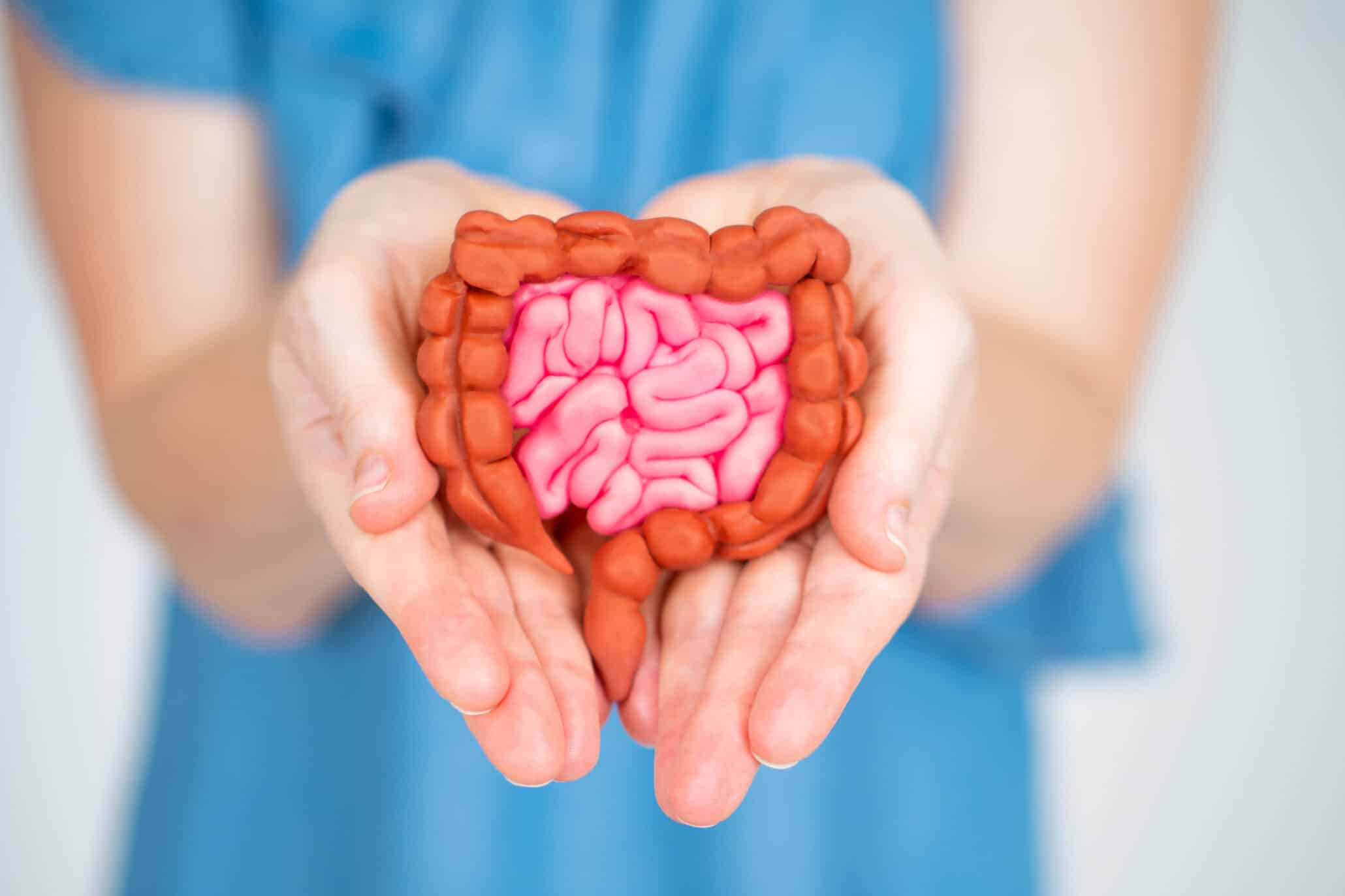
Your digestive system is responsible for processing food, or the fuel that is sourcing nutrients from the food you eat, then dispersing it into our bodies, and eventually ridding the body of waste. This is is a highly intricate process that relies on both nervous and endocrine input to function properly.
Did you know that your gut even has its own nervous system? This is a relatively new discovery and much research is underway to learn more, but needless to say, our digestive system plays quite an important role in our overall health. It is actually separate from your central and peripheral nervous system.
This is why monitoring the function of our digestive system through specialized testing is so important.
What is the GI Map test?
The GI Map test is a stool study, which means it tests your poop. This will give you an overall snapshot of your gut health as it tests your gut-microbiota and digestive health.
Gut-microbiota Testing on the GI Map:
The GI Map tests several areas of your gut flora. The balance of gut flora in your digestive system is important because imbalances or un-wanted guests can manifest as other health conditions such as weight gain, abdominal discomfort, bloating, abnormal bowel movements and many other symptoms. The GI map tests for the presence (and hopefully absence) of both bacterial, viral, and parasitic pathogens, H. Pylori presence, and normal gut flora (because there is such thing as too much, or too little, of a good thing). It can also detect bacterial species that may be autoimmune triggers as well as the presence of yeast or fungi. Just this one test can help give you a better picture of where you stand in terms of your gut flora and that in itself gives your provider a lot of information to work with to optimize your gut health.
Digestive Health Testing on the GI Map:
As if the information about your gut flora was not enough, the GI Map test also tests the function of your digestive system. This includes markers that represent your digestive and nutrient absorptive ability, gut inflammation levels, gut immune response, and presence of leaky gut. Information about your gut’s digestive ability is important because decreased digestion means less nutrients are being taken from the food you eat for your body to use as fuel. Leaky gut can be causing your body to become sensitive to foods that it normally would not be sensitive to because of increased permeability in the gut lining. Testing for this helps your providers direct their care personalized to what you and your gut need.
Addressing gut dysfunction can support alleviating hormone imbalances, chronic stress, and autoimmune issues. Think you might benefit from a GI Map Test? Reach out to Nurse Georgie today!










